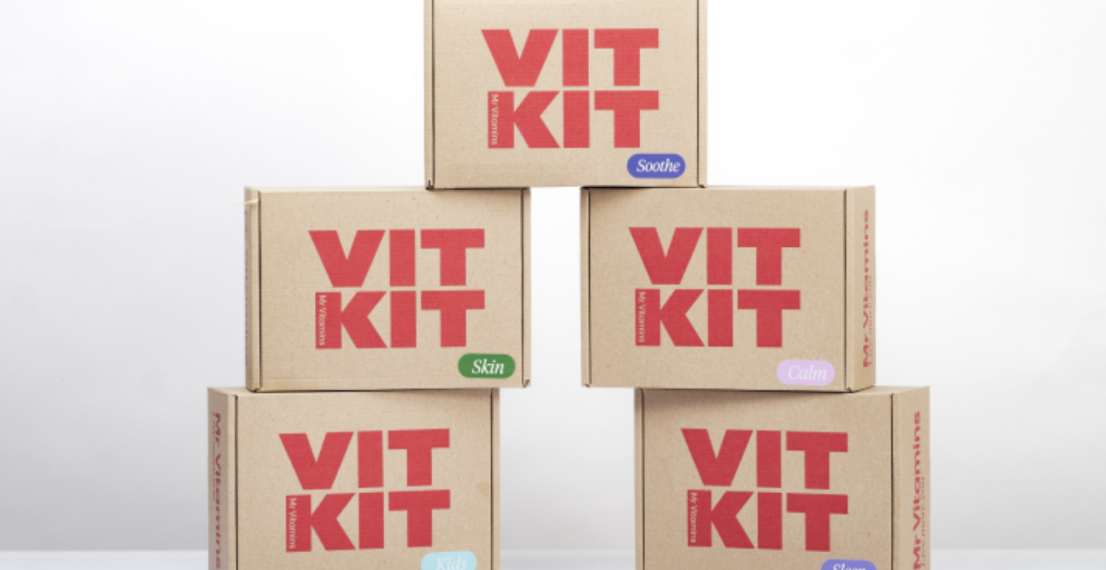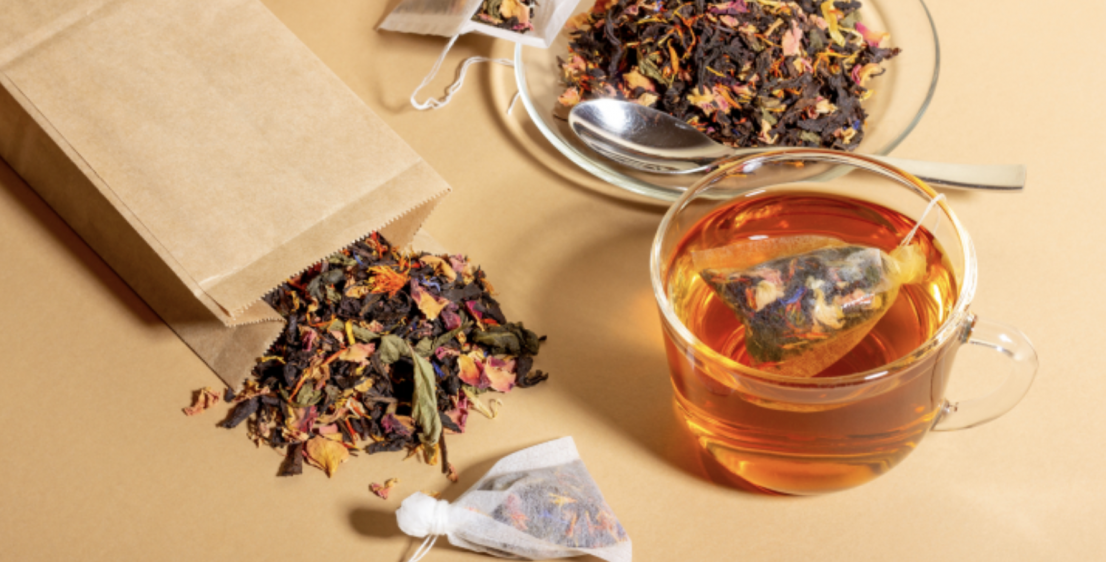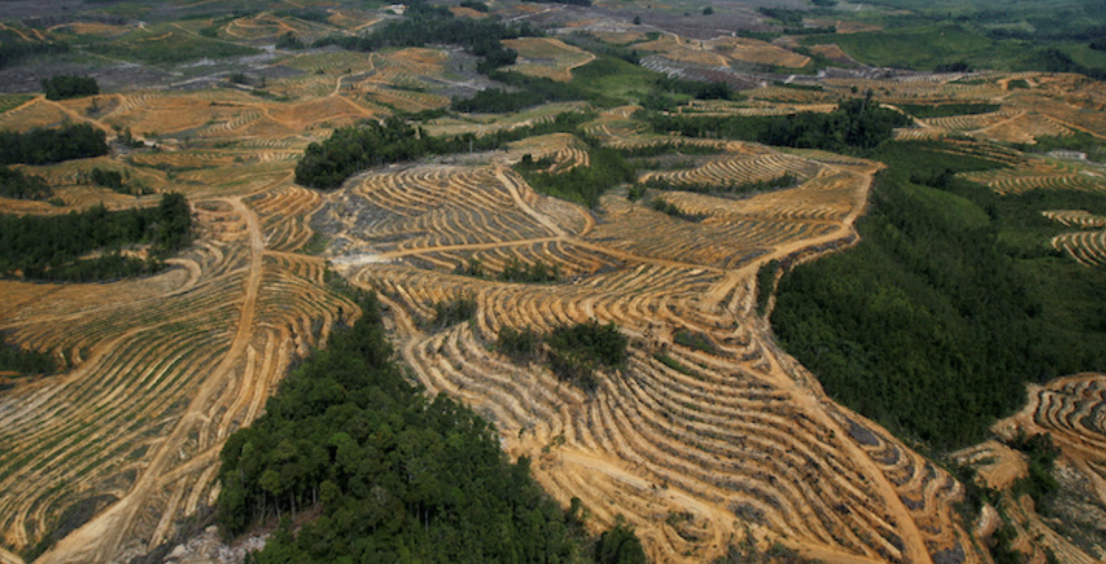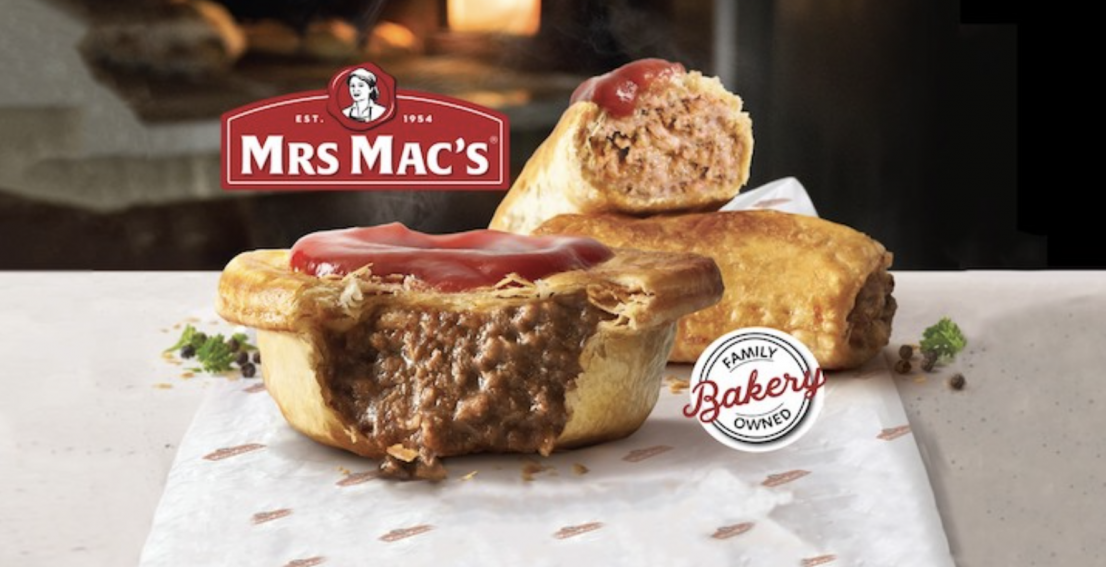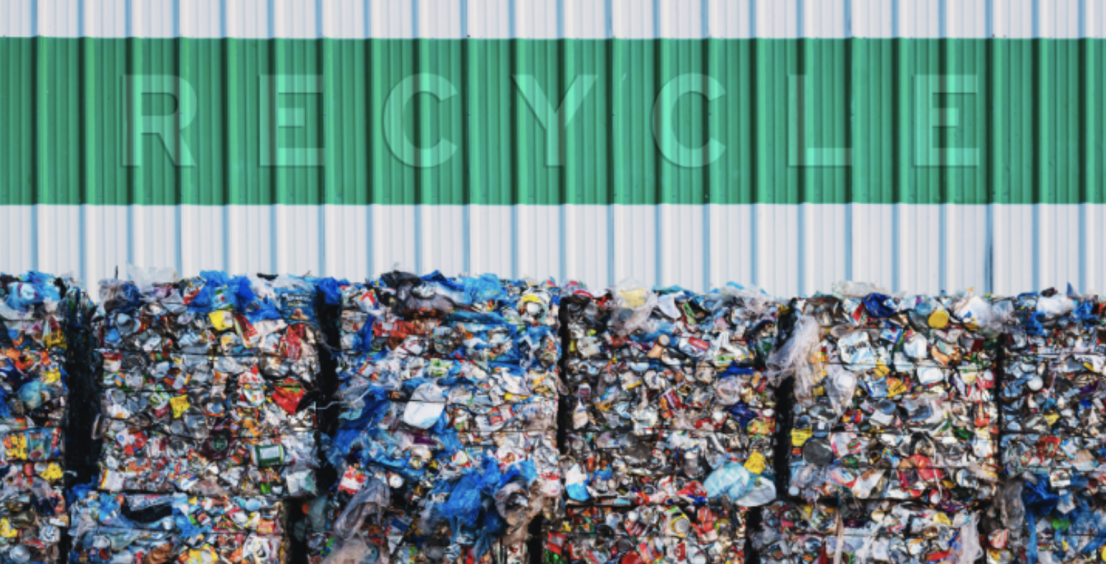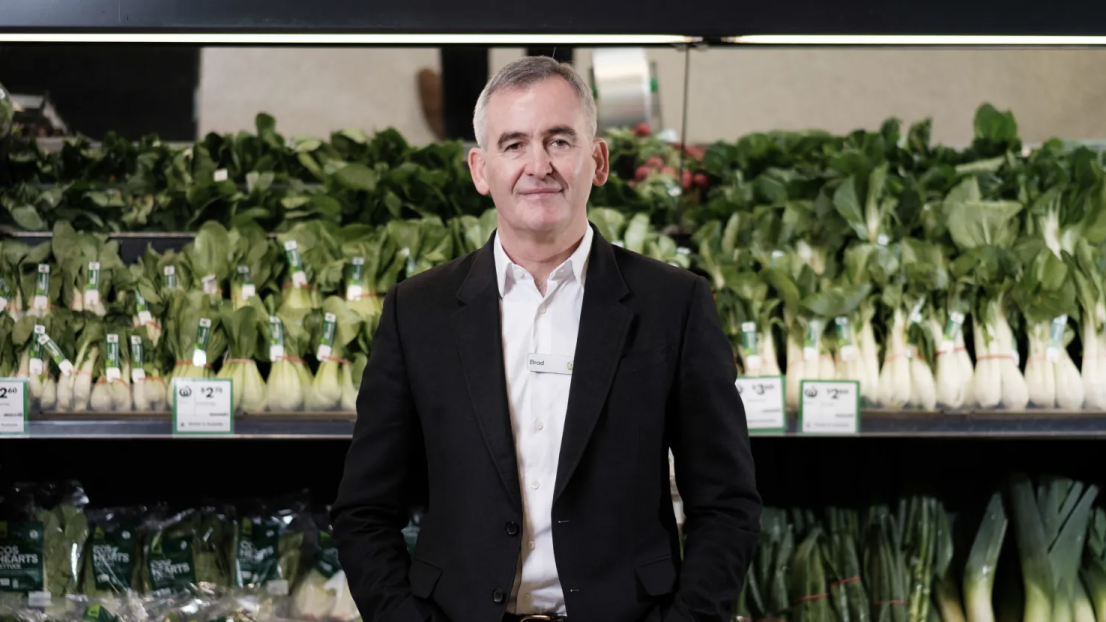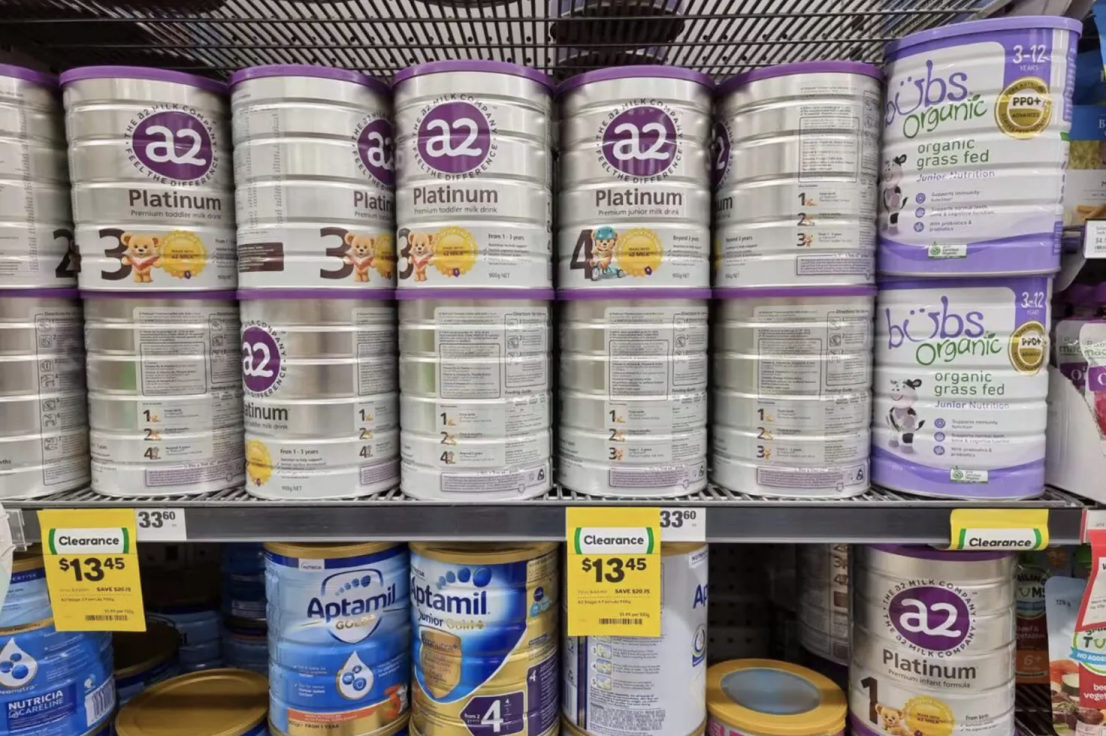
Dairy giant A2 Milk chief executive David Bortolussi expects to send a plane full of its custom-made infant formula to the US by late December or early January, having finally found a way into the lucrative market.
However, he is sober about how much market share and earning gains the win will deliver in the short term, given the freight and reworking costs involved.
Dual-listed A2 is preparing to manufacture infant formula made specifically to US requirements after receiving the green light on Thursday morning from the US Food and Drug Administration (FDA) to export its product.
Bortolussi said he was delighted to be able to supply its product to the US as the country continues to grapple with a national infant formula shortage sparked in February after a major infant formula plant in Michigan was forced to shut down following the discovery of a fatal bacterial infection.
“It’s an important longer-term opportunity, but the near-term impact may not be as material,” Bortolussi said. “The longer-term success of our business will depend on how well we market our product and how well that is received by consumers in the marketplace.”
Investors cheered the update, with A2’s shares rising 4.2 per cent to $5.49.
While getting its product into the US is a win for the company, it will have to make a product almost entirely from scratch. The formula inside the tins will be the same as a2 Platinum formula sold elsewhere, it must have different scoops, mixing instructions and labelling requirements to meet US rules.
“We don’t have that product in inventory at the moment. We’ll need to commence manufacturing that product as quickly as possible with [supply partner] Synlait Milk ... within the next couple of weeks,” Bortolussi said.
After the product is prepared, it will be subject to a 25-day quality assurance process before being ready to export to the US, in late December or January 2023.
US FDA’s approval comes more than five months after A2 Milk’s smaller rival Bubs Australia received the green light. On May 16, the US Food and Drug Administration (FDA) released a temporary measure that provided a fast-tracked regulatory process for global companies to help patch the shortage.
ASX-listed Bubs Australia was the first manufacturer in the world to submit its application, and secured approval from the FDA shortly after in late May. Australian brand Bellamy’s Organic secured approval on July 5.
A2 Milk submitted its application on May 26, but had to wait for months before being told by the FDA on August 10 that it had its submission delayed, along with a number of other applicants.
The company expects to sell up to 1 million tins of formula in the second half of the 2023 financial year. Despite gaining a foothold in the massive $6.1 billion baby formula market, A2 Milk expects earnings to be “incremental” as it will be offset by air freight costs, the cost of reworking the formula into new tins, and marketing and trade costs.
“We don’t underestimate the challenge in carving out a significant market share for our brand in the US market over time, but we’re up for that challenge, and we’re going to invest in that and execute the best that we can to achieve that,” Bortolussi said.
A2 Milk is awaiting to hear from the US FDA on whether it will send government-issued planes to collect product under ‘Operation Fly Formula’, through which Bubs was able to send millions of tins.
“We just haven’t received clarification from FDA,” said Bortolussi. “We would obviously like to be able to utilise that; it would be a big advantage and help expedite the process.”
Though global manufacturers have been able to enter the tightly held US baby formula market through the temporary FA measure, 95 per cent of the market is still held by the three dominant domestic players: Abbott’s, Reckitt and Nestlé.
A2 Milk is increasing production amid FDA’s approval and has assured that it would continue to meet regular supply to other markets, such as China. It will provide a market update about US earnings gains when it presents its half-yearly results or potentially earlier.
The FDA has published transition guidance that allows enforcement discretion-approved companies seeking a permanent pathway to the US to extend the temporary period until October 18, 2025.
Citi analyst Sam Teeger expects A2 Milk’s 1 million tins will add “low single digit upgrades” to the company’s 2023 earnings and said Bubs’ first quarter results demonstrated the US market may be more challenging than expected.
“Other brands that have also received enforcement discretion may have not yet made any sales in the US, suggesting execution is challenging despite product shortages,” Teeger said.
”While A2 may also face these same issues, the company’s existing US operations may be relatively better placed to oversee retail merchandising, and arguably it has a relatively more established brand in the eyes of consumers.”
A2 Milk currently sells liquid milk across major US supermarkets and retailers.
“However, A2 won’t have the same first mover advantage which essentially gave Bubs free marketing,” Teeger said.
It’s also unlikely the US will send government-issued planes to collect A2’s product, he added.
